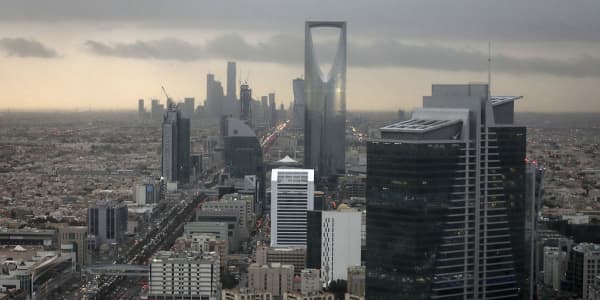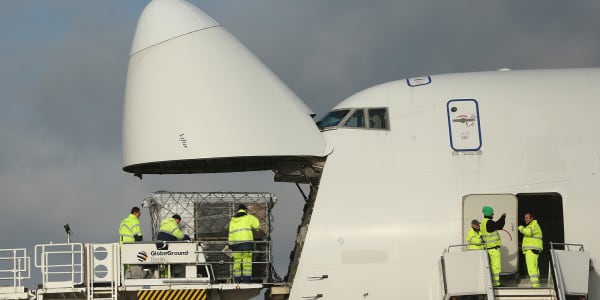
Emirates, the giant Dubai-based airline, reported annual net profits more than doubled from a year earlier.
It said Wednesday that net profit for the financial year ending March 31 soared to 2.8 billion dirhams ($762 million), as the airline benefited from favorable currency exchange rates and an uptick in passengers carried.
However, a dramatic rise in oil prices over recent months was cited as a drag on the company's latest figures.
"It's a commodity that we cannot control but of course this year it was something like about 28 percent of our total costs was the fuel. So we will always manage and I think we have a very talented team who work on this all the time." Emirates Group CEO and Chairman, Sheikh Ahmed bin Saeed Al Maktoum, told CNBC's Arjun Kharpal on Wednesday.
When asked whether there was a specific oil price which would be of particular concern, Al Maktoum replied: "If you tell me, I always want the lowest price but it is the market that will determine that."

Emirates, which employs approximately 25,000 cabin crew staff around the world, has seen growth hampered by a prolonged period of lower oil prices in recent years — a key driver of wealth in the Gulf region.
Yet, while rising crude futures have helped prop up oil-denominated economies to a certain extent, airlines are confronted with the dilemma of elevated fuel costs.
An upswing of more than 50 percent in oil prices over the past 12 months has weighed on Emirates at a time when major airlines are being forced to adapt to a much more competitive marketplace.
Brent stood at more than three-year highs of $76.64 on Wednesday morning, while U.S. West Texas Intermediate (WTI) traded at $70.60. Both benchmarks jumped more than 2 percent, after President Donald Trump moved to abandon the Iran nuclear deal in the previous session.





